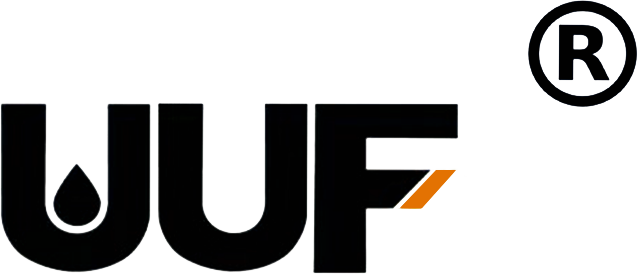Understanding National Oil Seals: Key Components for Automotive Applications
Time:
2025-08-18
National oil seals are critical components within the automotive sector, specifically designed to prevent the leakage of fluids and protect essential machinery from dust and contaminants. These seals play a pivotal role in maintaining the performance and durability of various automotive systems, making them indispensable in modern vehicles. At their core, national oil seals are made from high-qual
National oil seals are critical components within the automotive sector, specifically designed to prevent the leakage of fluids and protect essential machinery from dust and contaminants. These seals play a pivotal role in maintaining the performance and durability of various automotive systems, making them indispensable in modern vehicles.
At their core, national oil seals are made from high-quality rubber materials that exhibit excellent resistance to wear, temperature fluctuations, and chemical exposure. This makes them ideal for sealing applications in environments where oils, lubricants, and other fluids are present. The primary function of a national oil seal is to create a barrier that prevents the escape of fluids while also safeguarding components from external debris that could lead to wear and tear.
In automotive applications, national oil seals are commonly used in areas such as engines, transmissions, and differential assemblies. For instance, they are often found around crankshafts and camshafts, where they serve to keep engine oil contained, ensuring optimal lubrication and preventing leaks that could lead to significant mechanical failures. Similarly, in transmission systems, these seals help to maintain fluid levels crucial for effective operation, preventing slippage and ensuring smooth gear transitions.
Furthermore, the installation of quality national oil seals can enhance the reliability of automotive components. A well-sealed environment minimizes the risk of contaminants entering sensitive areas, thereby prolonging the lifespan of parts like bearings and gears. This added durability can be particularly beneficial to fleet operators and automotive manufacturers, who prioritize longevity and cost-effectiveness in their operations.
It is also important to consider the selection of the right national oil seal for specific applications. Factors such as size, material composition, and sealing design should be evaluated to ensure compatibility with the operational environment and the fluids involved. Proper installation techniques are equally crucial, as improper sealing can lead to premature failure and the associated costs of replacement and repairs.
In summary, national oil seals are fundamental to the automotive industry, providing essential protection and enhancing the performance of various systems. Understanding their function, material properties, and correct application can lead to improved vehicle reliability and efficiency. As you navigate the world of automotive components, recognizing the importance of quality sealing solutions will undoubtedly contribute to successful outcomes in your projects.
At their core, national oil seals are made from high-quality rubber materials that exhibit excellent resistance to wear, temperature fluctuations, and chemical exposure. This makes them ideal for sealing applications in environments where oils, lubricants, and other fluids are present. The primary function of a national oil seal is to create a barrier that prevents the escape of fluids while also safeguarding components from external debris that could lead to wear and tear.
In automotive applications, national oil seals are commonly used in areas such as engines, transmissions, and differential assemblies. For instance, they are often found around crankshafts and camshafts, where they serve to keep engine oil contained, ensuring optimal lubrication and preventing leaks that could lead to significant mechanical failures. Similarly, in transmission systems, these seals help to maintain fluid levels crucial for effective operation, preventing slippage and ensuring smooth gear transitions.
Furthermore, the installation of quality national oil seals can enhance the reliability of automotive components. A well-sealed environment minimizes the risk of contaminants entering sensitive areas, thereby prolonging the lifespan of parts like bearings and gears. This added durability can be particularly beneficial to fleet operators and automotive manufacturers, who prioritize longevity and cost-effectiveness in their operations.
It is also important to consider the selection of the right national oil seal for specific applications. Factors such as size, material composition, and sealing design should be evaluated to ensure compatibility with the operational environment and the fluids involved. Proper installation techniques are equally crucial, as improper sealing can lead to premature failure and the associated costs of replacement and repairs.
In summary, national oil seals are fundamental to the automotive industry, providing essential protection and enhancing the performance of various systems. Understanding their function, material properties, and correct application can lead to improved vehicle reliability and efficiency. As you navigate the world of automotive components, recognizing the importance of quality sealing solutions will undoubtedly contribute to successful outcomes in your projects.
Keyword:
national oil seal


















